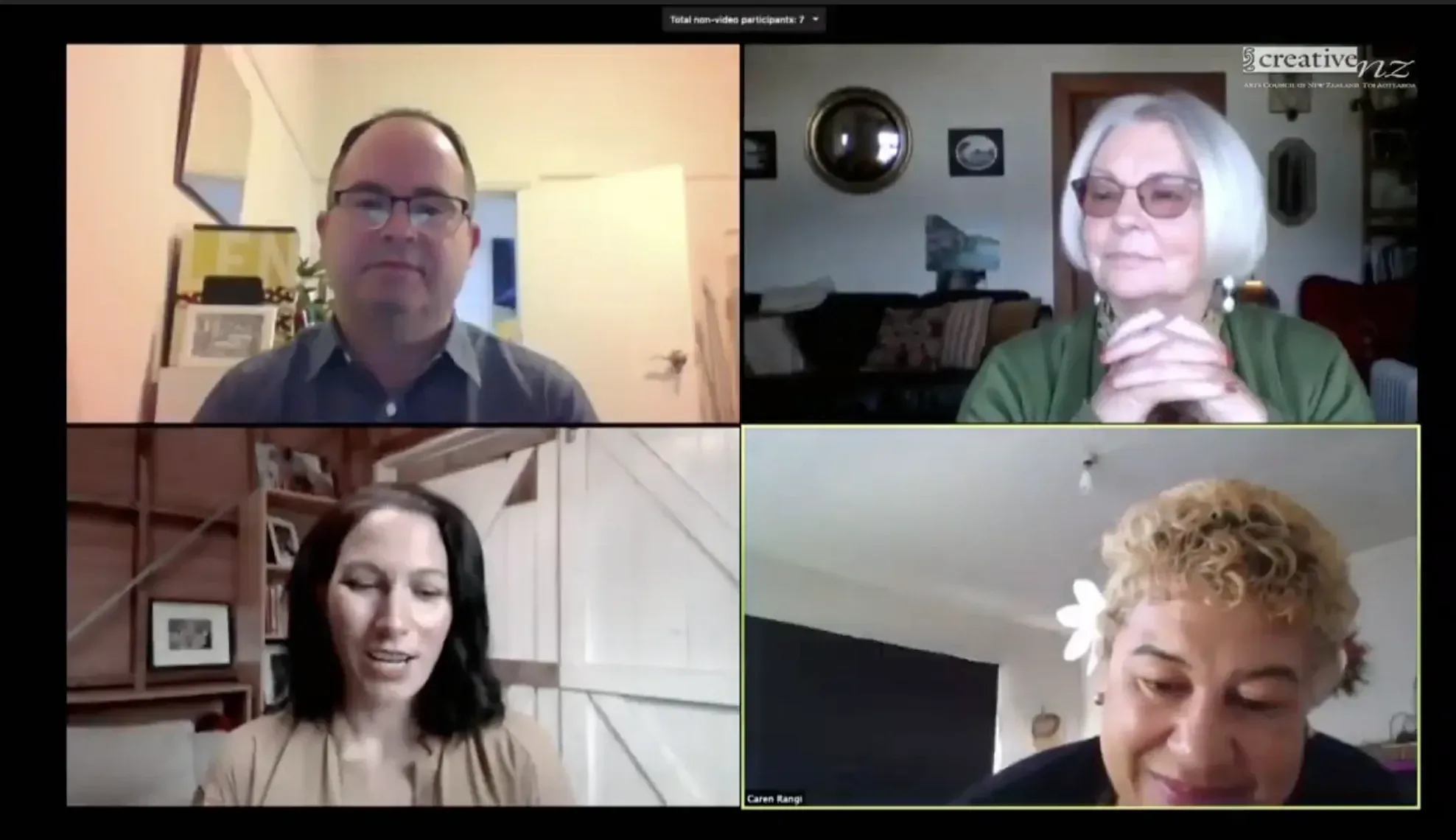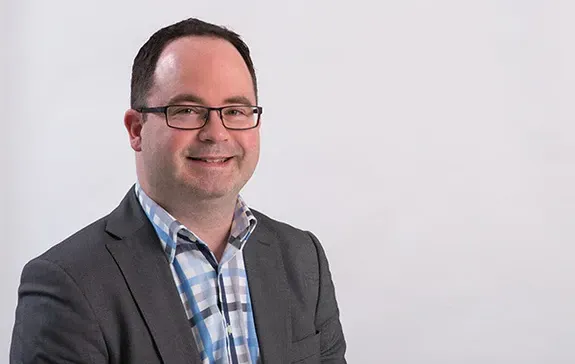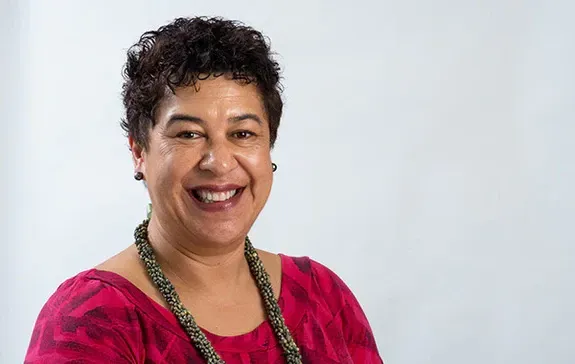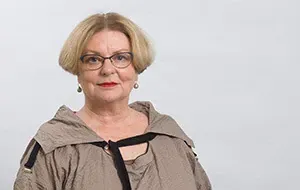Answering Your Questions: Creative NZ Funding Hui
Written by

Just days after launching the first phase of the Emergency Funding Package to address the industry-wide devastation caused by COVID-19, Creative NZ began trying to demystify the application process by passing the mic to those curious online.
Wednesday's hui, in conjunction with PANNZ (Performing Arts Network of New Zealand) and Auckland Live, took questions from the public and put it to key CNZ figures.
You can listen to it in its entirety here, but here are some of the most interesting questions and areas that caught my attention.
Addressing Exposure as Payment Debate
Could this be a chance to change the attitudes of companies when it comes to paying creatives? Situations are arising where artists are working for free. How do we make sure exposure isn’t used as an excuse not to pay?
David Pannett - Senior Manager, Strategy & Engagement:
It's really important for us to be able to press that message strongly.
I think there is still a prevailing attitude of ‘oh, it’s exposure, all the wonderful promotion you'll get out of doing this for us,’ which is a really destructive attitude for the arts sector.
We know from our sustainable careers research that we did last year that the sector is poorly supported anyway, so that's not helped at all by companies that undervalue creative work.
One of our key audiences for our advocacy is the business community, so for sure, that's a message we want to impress on them.


David Pannett.
Time For Official Artist Wage?
Can the Arts Council suggest an official artist wage, - whether it’s a resurrection of the PACE scheme, or actually just a universal wage for artists?
Caren Rangi - Deputy Chair of the Arts Council:
We've known that it’s something people have been interested in for a while. Especially in the past, we have suggested when people apply for funding that it's for at least a minimum $25 an hour for artists wages, and that’s because it's important to us that people are valuing artists in a sustainable way.
You might have seen some work we did with New Zealand on Air last year looking at the sustainability of careers in the arts.
It’s certainly something worth considering and I’ll take it to the table for our discussions.


Caren Rangi.
Phase Two
In regards to phase two of grants (phase one just underway now) what information can be provided about when the Council will meet next, and what's the process for discussing the next phase?
Caren Rangi:
The Arts Council is meeting at the end of April, and the focus of that meeting will be on the second phase.
The need for us (is to) be continually reinventing ourselves and our processes. I guess we're running a fine line between wanting to just keep one step ahead so we can let the sector know what's happening, but also make good strong decisions.
I'm sure many of you have heard the lockdown lingo about this being a marathon, not a sprint. So phase two very much has to focus on what the marathon ahead of us looks like and what's going to be sustainable.

Creative NZ's online panel in action.
Specific Support for Ethnicities?
Are there are specific measures in place to support Asian artists at this time, a community impacted physically and emotionally by the side effects of racism, which the pandemic has exacerbated?
Cath Cardiff - Senior Manager, Arts Development Services:
We don't have any plans for that at the moment, but that doesn't mean that it couldn't be part of a response.
Obviously, our funds are directed towards the development, distribution and presentation of New Zealand art to New Zealand audiences of whatever ethnicity or demography they belong to, as opposed to recompensing people for a perceived disadvantage.
I'm not sure how we would respond to that question - to that problem - adequately within our present set up, but I do hear that. It's certainly something that we can factor into our thinking as we go forward.


Cath Cardiff.
Where Your Money is Coming From
There is some public concern about showing other levels of funding, revenue or in-kind support in their application - how much needs to be in there in order for the application to be taken seriously?
Cath Cardiff:
There's no formula for that. We don't have a set amount that we expect people to provide.
We just like seeing that it's being taken into consideration because it means that other people care about the project as well. We also totally recognise that in the current environment the ability to generate additional income is very, very constrained.
But they (the applicants) won’t be disadvantaged if they can’t provide that information about additional income.
For more information about the funding head to the CNZ site - and CNZ are taking part in a Pacific-focused drop-in on Thursday (today) and an Ngā Toi Māori discussion on Friday.



